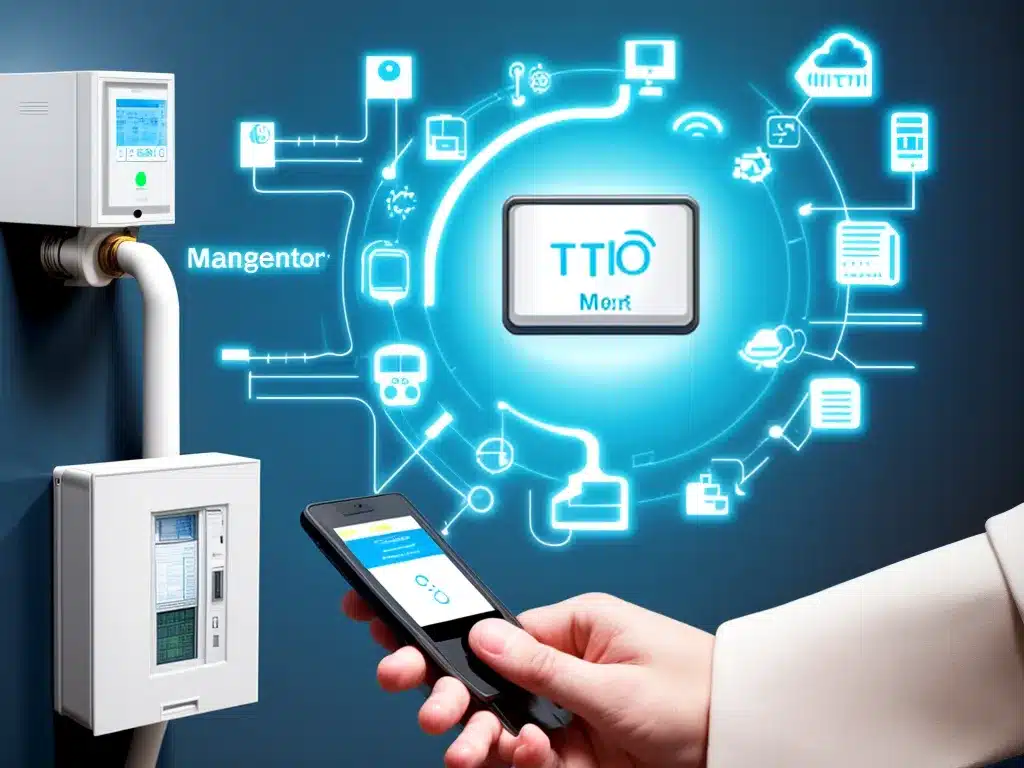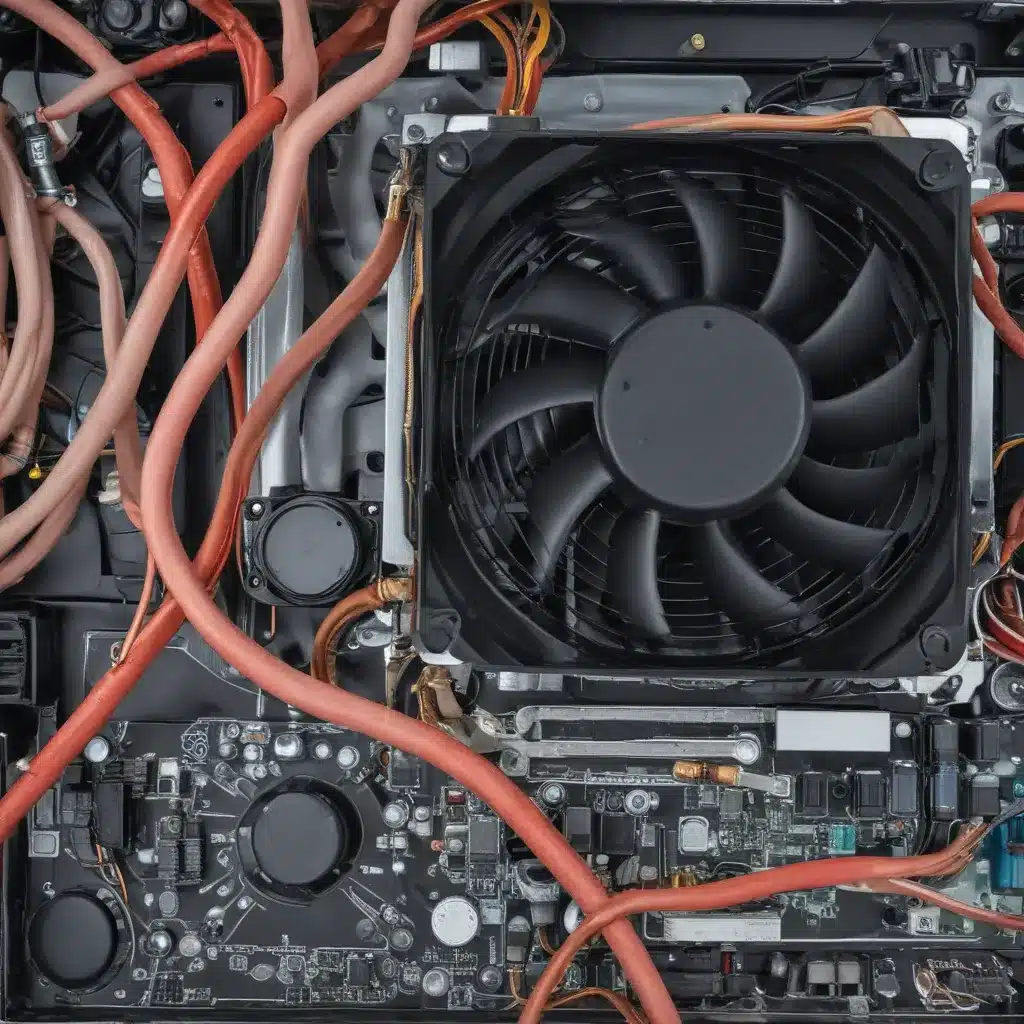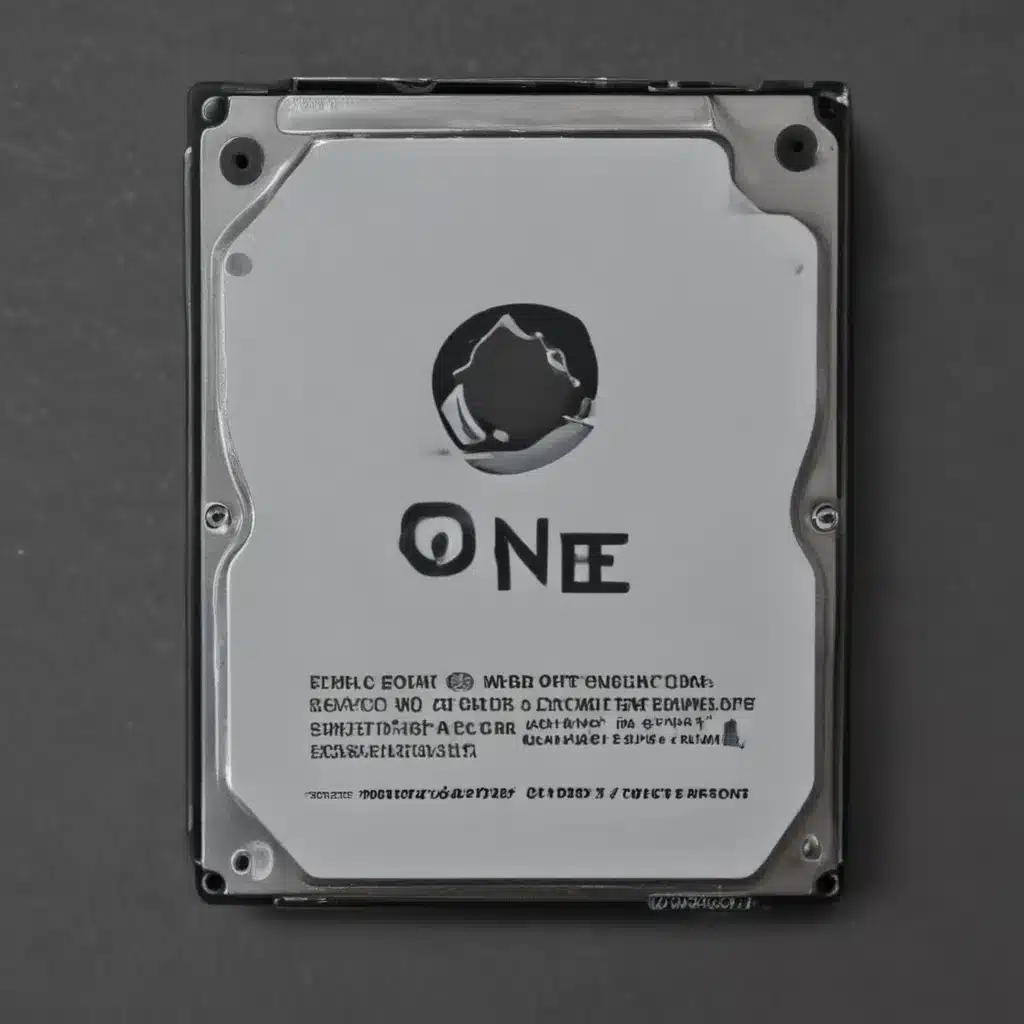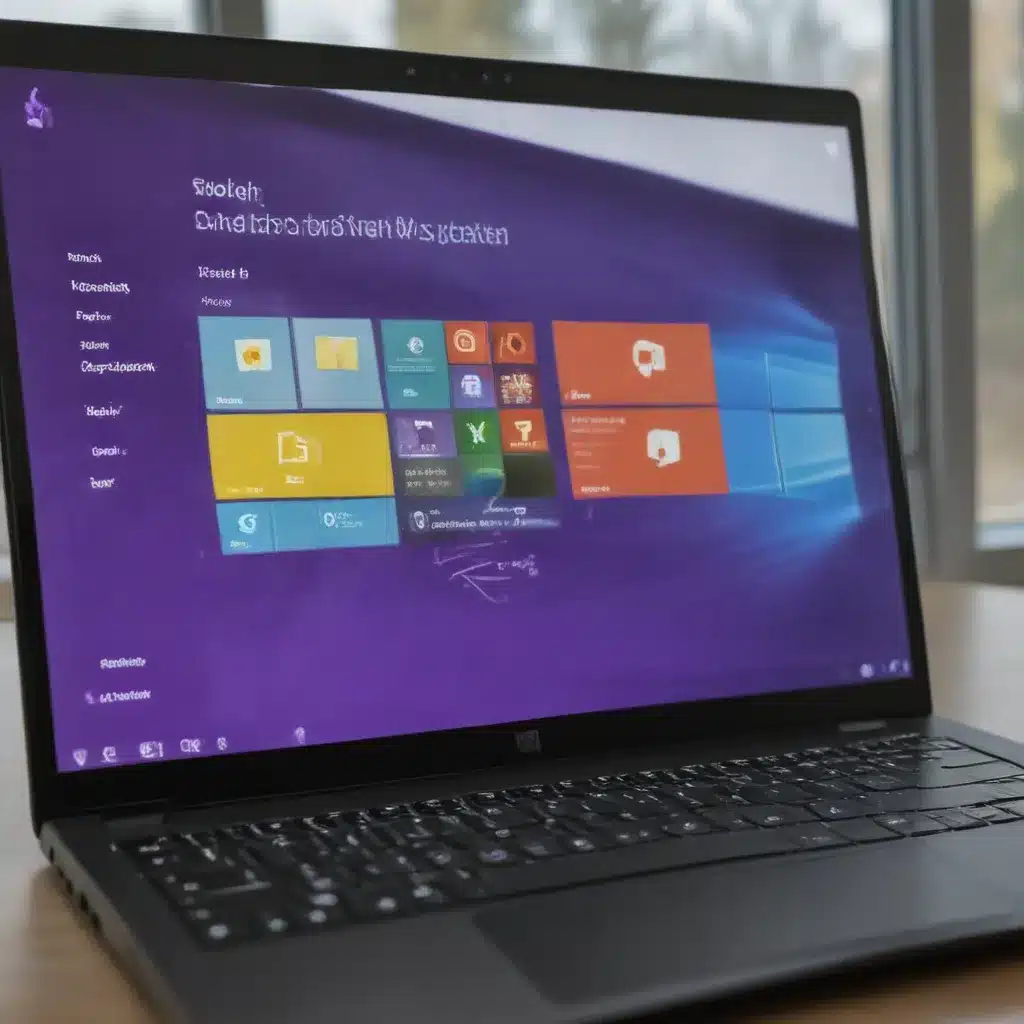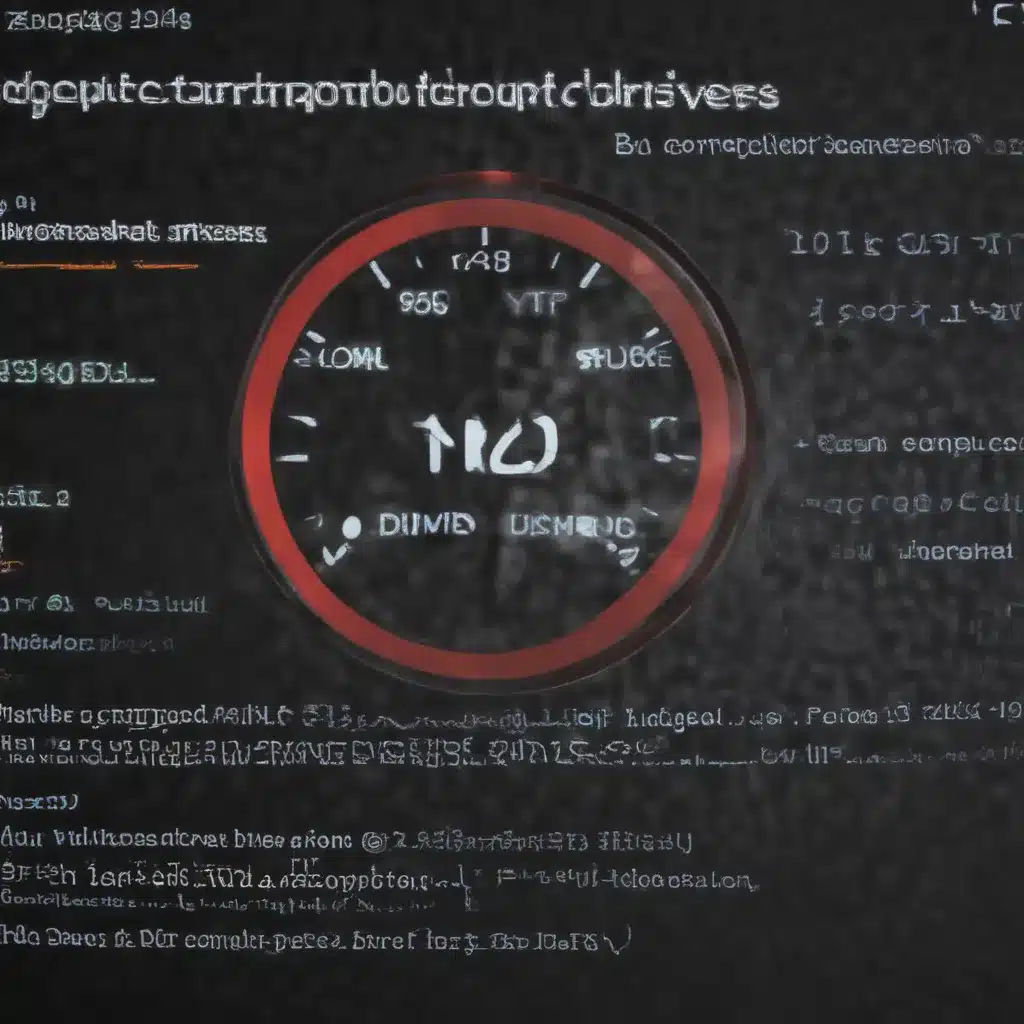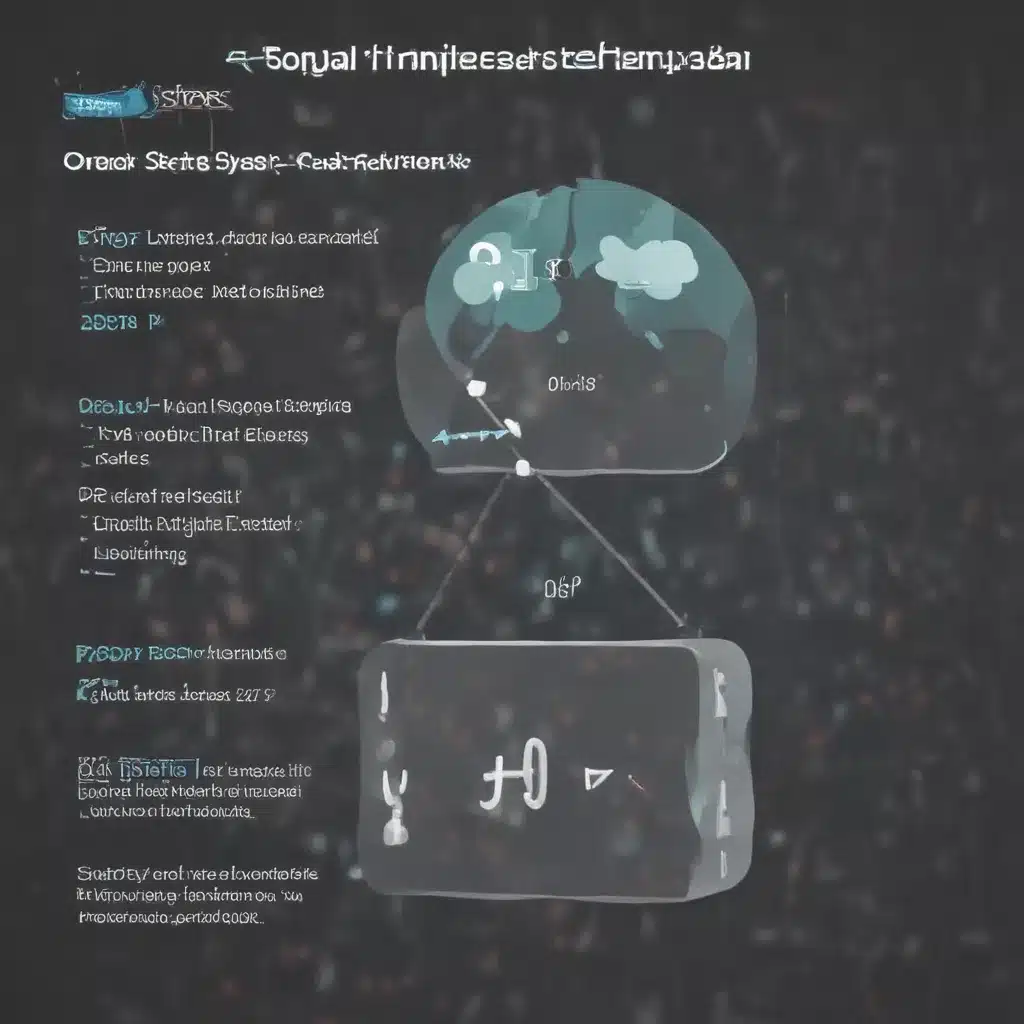IoT for Smart Metering and Utilities Management
Introduction
The Internet of Things (IoT) is transforming the utilities industry. Smart meters and sensors enable utilities to monitor energy usage in real-time, optimize operations, and provide personalized services to customers. In this article, I will discuss how utilities are leveraging IoT technologies like smart meters, sensors, and data analytics to create smarter grids, reduce costs, and improve customer satisfaction.
Enabling Technologies
Several key technologies have enabled the rise of IoT in utilities:
Smart Meters
- Allow two-way communication between meters and utilities
- Record energy consumption data at regular intervals (e.g. 15 minutes)
- Communicate data back to utilities via wireless networks
- Enable accurate monitoring and billing of energy usage
Sensors
- Monitor equipment health and performance
- Detect issues like leaks, outages, and fluctuations
- Provide data for predictive maintenance and asset management
Connectivity
- Smart meters and sensors need reliable connectivity
- Wireless networks like cellular, WiFi, and LPWA enable device connectivity
- Standards like 5G, NB-IoT, and LTE-M optimize performance
Data and Analytics
- Massive amounts of data from smart devices
- Advanced analytics like machine learning extract value from the data
- Utilities gain visibility into grids, assets, and customers
Cloud Computing
- Scalable and flexible storage and computing power
- Enables complex analytics on vast data sets
- Secure hosting of critical utility operations and data
Key Applications
IoT is enabling smarter operations across the utility value chain:
Smart Metering
- Automated and remote meter readings
- Accurate monitoring of energy consumption
- Improved billing and reductions in non-technical losses
- Enhanced customer engagement via energy usage insights
Grid Optimization
- Real-time monitoring of energy supply and demand
- Better integration of renewable energy sources
- Optimized asset maintenance and failure prediction
- Improved power quality and outage management
Asset Management
- Tracking performance and health of critical assets
- Early warning of potential issues and need for maintenance
- Optimized capital and operational expenditures
Customer Service
- Customized energy management recommendations
- New personalized products and services
- Improved customer satisfaction and retention
Benefits of IoT for Utilities
Adopting IoT delivers manifold benefits for utility companies:
- Cost savings – from reduced truck rolls, optimized maintenance, lower energy theft
- Increased revenue – through new digital services and improved customer engagement
- Improved reliability – with better grid resilience and predictive maintenance
- Greater sustainability – via integration of renewables and conservation programs
- Safety and compliance – leak detection and other sensor data improves safety
- Customer satisfaction – with personalized insights and offerings
Key Challenges
However, utilities face some key challenges in implementing IoT:
- Cybersecurity – securing critical infrastructure and data
- Interoperability – integrating disparate legacy systems and new technologies
- Data management – storing, processing, and analyzing vast data volumes
- Organizational change – developing expertise and changing mindsets
- Privacy concerns – building trust around data practices
The Future of IoT in Utilities
The IoT revolution has just begun for utilities. As technology continues advancing, we can expect:
- Growth of smart cities and communities with integrated energy, water, and other municipal infrastructure
- Emergence of new data-driven business models and digital services
- Evolution of the smart grid into a flexible, decentralized, and multi-directional energy system
- Continued integration of IoT with other next-gen technologies like AI, blockchain, drones, and robotics
- Increasing use of digital twins to create virtual models of physical assets and systems
The future looks bright for utilities that embrace IoT transformation today and build the capabilities needed to thrive in the 21st century. Though challenging at times, the payoff in terms of efficiency, sustainability, and service levels will make the effort worthwhile.
Conclusion
IoT has huge potential to transform utilities by enabling smarter grid operations, improved asset management, and better customer service. Leveraging technologies like smart meters, sensors, and data analytics, utilities can boost efficiency, sustainability, reliability, safety, and satisfaction across the value chain. Overcoming organizational and technology challenges will be key to harnessing the full benefits of IoT in the utility industry going forward.

